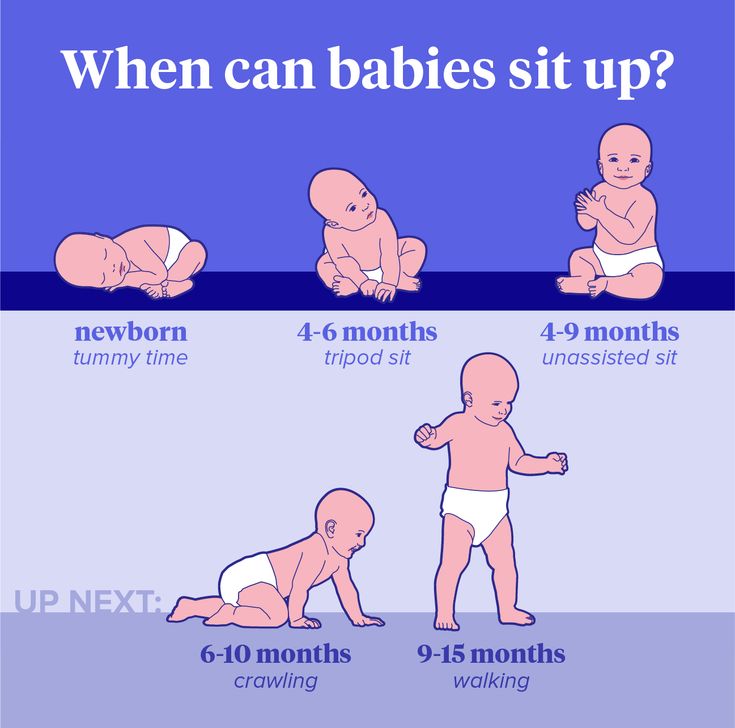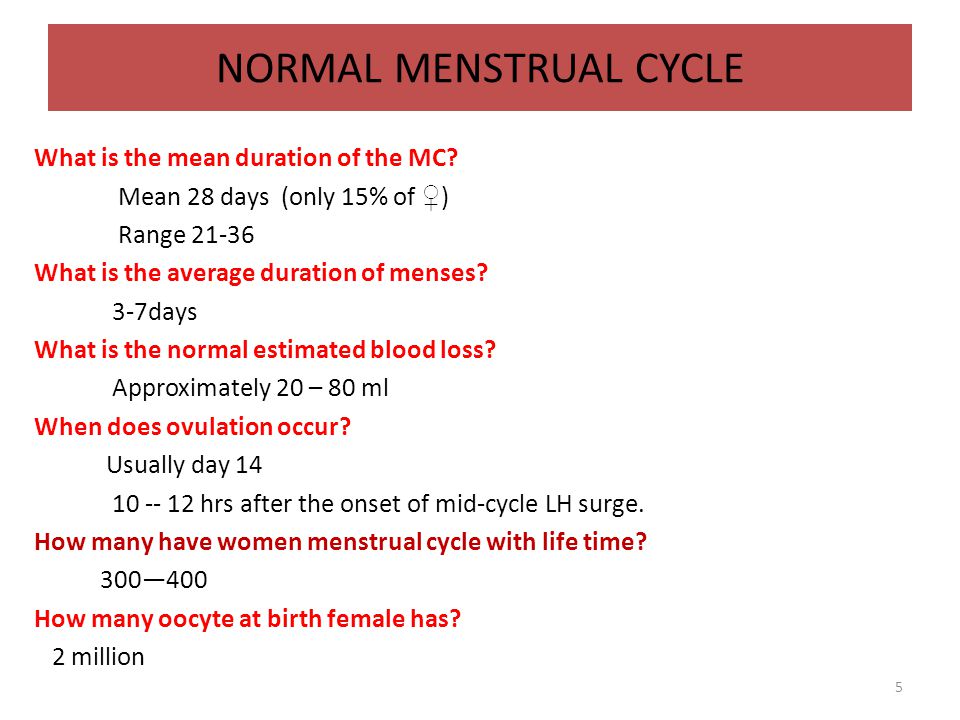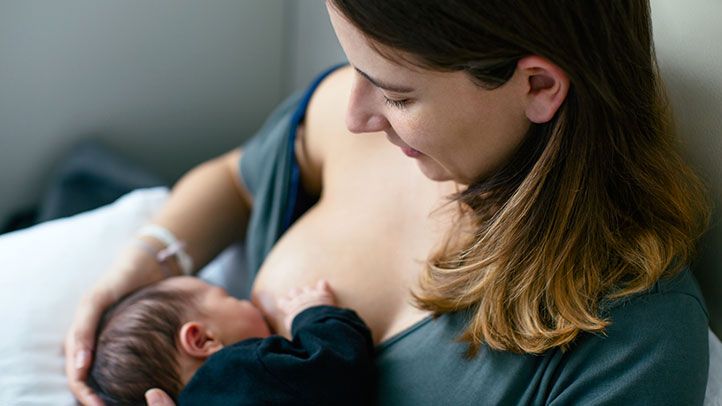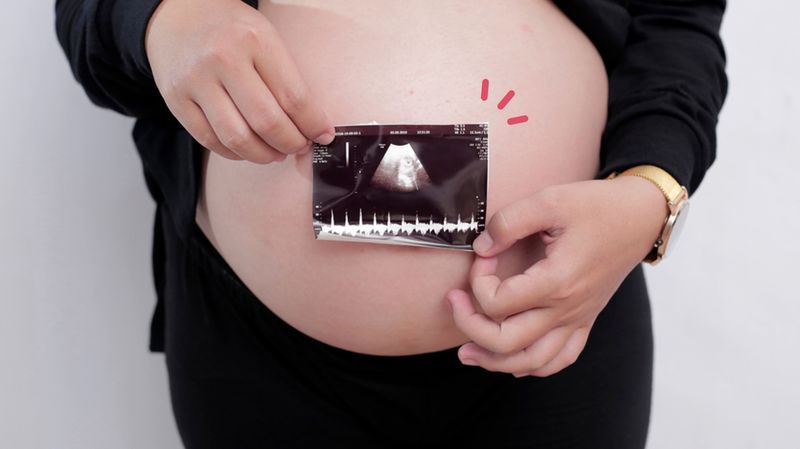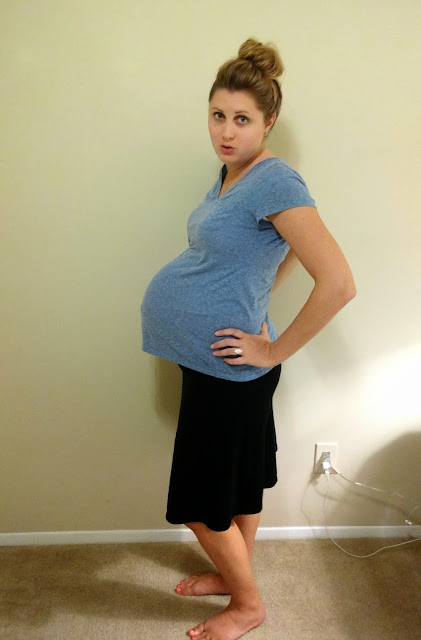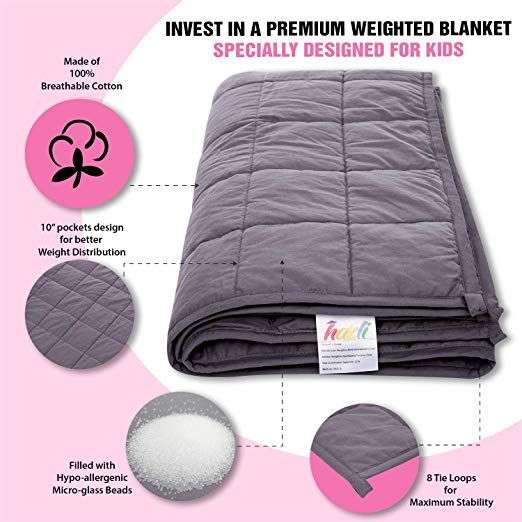When can an infant fly
When is it safe to travel with a newborn by plane, car or train?
(Photo credit: Gabriel Kiener via Unsplash)
Not only is it safe to travel with most newborns, here’s some even better news: You and your family don’t have to give up on your travel dreams.
"People were telling us, ‘Your traveling days are over,’ and my husband and I were like, ‘No way!’” says Celine Brewer, who with her husband Dan created the highly popular and informative Baby Can Travel blog and Instagram site.
“So we made a promise while I was pregnant that if our baby was healthy we were going to do a trip as soon as we could.”
Their daughter was three months old when they took her from Canada to Barcelona. Since then, the Brewers have had one more baby and kept their promise to keep traveling with their kids, now five and three.
Here are three of the most popular ways to travel – car, train, and plane – and some of the best tips for safe travel with a newborn, from the Brewers and other family travel experts.
Photo by Margo Brodowicz on Unsplash
When is it safe to travel with a newborn baby by plane?
In general, doctors recommend you wait to fly until your baby’s immune system is better developed. This could be as soon as one month for full-term infants, though most doctors recommend anywhere between three months and six months.
Premature babies or babies with heart or lung problems may have difficulty breathing because of the lower air pressure in an airplane cabin. If that’s your child, talk to your pediatrician before flying.
Airlines differ in their policies on infants flying. On Delta, a baby has to be more than one week old to travel. Younger infants can travel with a doctor’s permission. JetBlue lowers the standard to three days old.
United refuses to allow a baby younger than seven days old onboard under any circumstances. United also bans infants in incubators.
No matter what, if planning to travel with baby on board, always check with your pediatrician first.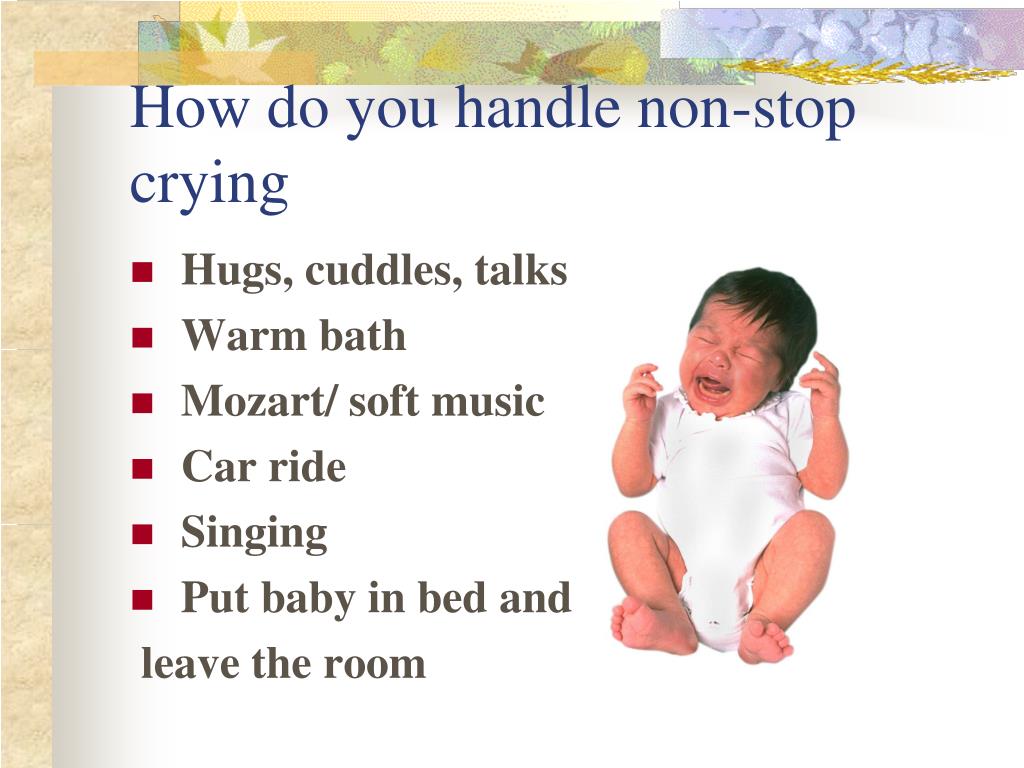
Because of the difficulties inherent in booking flights for an entire family, including a newborn, it also makes sense to look into flight protection, in case flights are cancelled or delayed, or if flight issues cause you to miss a connection.
(And should you actually decide to cruise with a newborn, Berkshire Hathaway Travel Protection can cover that as well.)
Tips for flying with a newborn
Flying with a newborn can be challenging for everyone – parents, fellow travelers, and the baby. However, with a little advance prep everyone can get through it just fine. Here are some tips to ease the stress of flying with a baby.
Don’t forget the birth certificate and passport
A birth certificate can establish that an infant is young enough to fly on your lap – or old enough to fly, period.
When traveling outside the United States, babies need their own passport, just like every other family member.
However, a passport requires a birth certificate, and you probably won’t get a birth certificate the day your baby is born.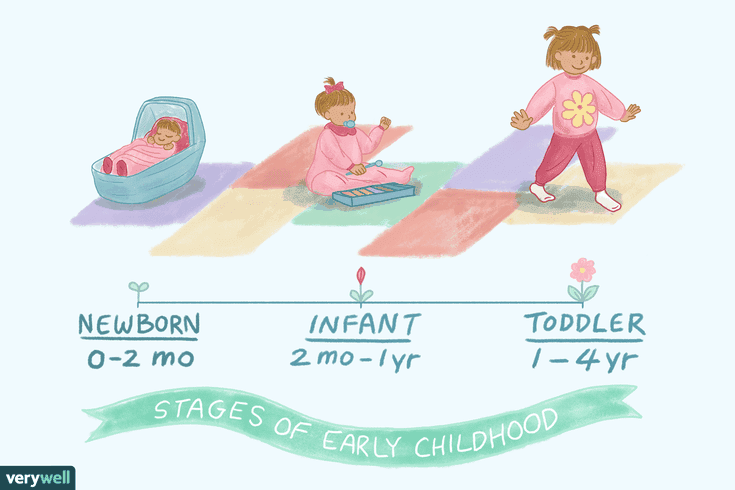
While you’re waiting for the birth certificate to be processed, fill out the passport application and take your baby’s passport photos.
These aren’t typical passport photos. You’ll want to put your baby on a white sheet and shoot from above.
Can you shoot an acceptable photo on your phone? Probably. The passport agency is often more lenient with infant photos.
As soon as you get the birth certificate, apply in person at the nearest office that accepts passport applications. If necessary, pay extra to expedite the application.
If you live near a passport agency, make an appointment there instead. It’s the fastest way to get a passport.
Make smart reservations
Book early and/or pay extra so you’re not stuck in middle seats.
Be aware of your baby’s routines, especially bedtimes and nap times, and look for flights when your baby is more apt to sleep.
Question bringing everything
When you pack, ask yourself if you have to bring along 1,500 diapers, a gross of wipes, or even such seeming essentials as a stroller or car seat.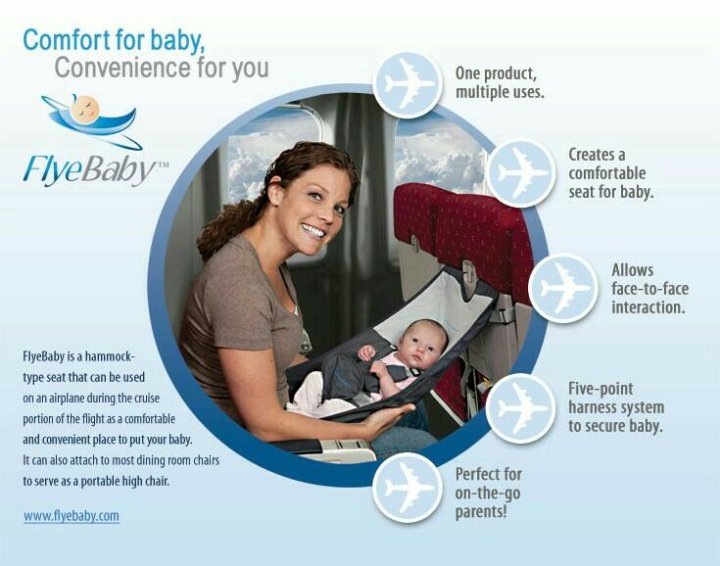
“Don’t overpack,” Brewer emphasizes. “You’re going to have enough to deal with with your baby without having to worry about all your stuff. Have changing and diaper stuff at the top of your bag so it’s easy to grab, but don’t bring too much stuff.”
As for not bringing a car seat or stroller, the Brewers looked for locations where they could rent these items or leave them home. When they did, Celine Brewer says, “we were like, ‘Ah! This is amazing!’”
But don’t forget the go-tos
“You can basically get through with wipes, food, and diapers,” Brewer says, “but the other thing I would always bring is one of those really big, lightweight cotton swaddle blankets. We’d use it for everything – for a nursing cover, to lay on the ground, to put the baby on, and so much more.”
Bring the fuel
Newborns can easily get dehydrated when they’re in the dry atmosphere of an airplane cabin. You know what your child wants/needs, so make sure there’s plenty of it.
If you’re breastfeeding, staying hydrated is a must; if you’re pumping, pump extra and keep it on hand. Always be prepared for the worst-case scenario.
Always be prepared for the worst-case scenario.
Expert tip: The TSA’s 3-1-1 rule doesn’t apply to formula, breast milk, and juice. Just make sure you have liquids in a baby bottle. Also, freeze packs, liquid or gel teethers, and baby food are allowed in your carry-on.
Board strategically
Take full advantage of the early-boarding invitation for passengers, but don't actually board your baby.
If you can spare the hands, send an adult on to prep the seats, stow the diaper bags, and arrange swaps if necessary. Then board your baby at the very end of the line to avoid the stampede.
Suck at takeoff
Babies do well with nursing or taking a bottle at takeoff, so the closer you can synchronize takeoff time and feeding time, the better. A pacifier is also an option for baby during takeoff.
Make friends with the flight attendants …
“… because guess who can help you along the way?” Brewer says. “I’ll even make friends with the people who are waiting at the gate.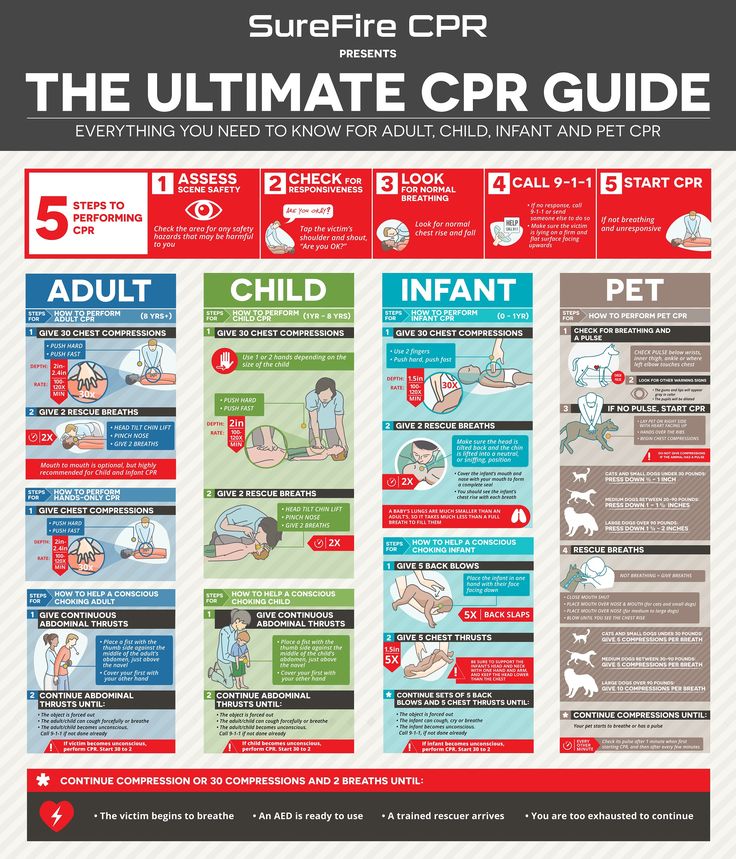 Get your baby smiling and happy, so all the people will go, ‘Aw – sweet thing!’”
Get your baby smiling and happy, so all the people will go, ‘Aw – sweet thing!’”
The more allies you can have on your side the better, in other words.
Let someone (or something) else handle your bags
Curbside check-in and/or a skycap will make luggage handling much less of a chore. Tip accordingly ($1/bag is standard).
If you’re bringing a stroller, buy an umbrella stroller you won't mind losing. If you're traveling with your child on your lap, call the airline ahead of time to confirm rules about strollers, car seats, and carry-on luggage.
You’ll quickly learn that strollers can double as luggage carriers. Check yours at the gate and grab it when you head to your next destination, and fill it with stuff along the way, if you’re not using it to tote Junior.
You may be pleasantly surprised by the baggage allotments provided to children flying in-lap, since a child is not counted as your own carry-on.
Keep lots of wipes on hand
Is there anything that baby wipes can’t do, other than actually change the diaper for you?
“Bring along wipes for a good cleanup if you’re in an airport or on an airplane – they’re some of the filthiest places you’ll find,” says award-winning travel advisor and blogger Cat Zuniga. In addition, baby wipes let you make a quick wipe-down on a messy baby.
In addition, baby wipes let you make a quick wipe-down on a messy baby.
Baby wipes also work on grownups, who sometimes feel like they could use a hose-down after an encounter with a baby’s diaper.
Apologize
“You can’t stop your baby from crying on a plane any more than you can at home,” Brewer says. “Babies and toddlers cry; that’s what they do. And sometimes we have to accept that people around us are going to be unhappy about that. But if you’re doing your best to soothe your baby, what more can people ask for?”
Not much more than a simple apology. When you sincerely apologize in these situations, you're more likely to get sympathetic nods instead of hostility.
Photo by Jack Anstey on Unsplash
When can a baby safely travel by train?
What goes for flying with a baby applies to taking a newborn on a train. First and foremost, always check with your pediatrician.
HCA Healthcare notes, “The doctor may recommend that your baby avoids crowds if he or she is younger than three months old.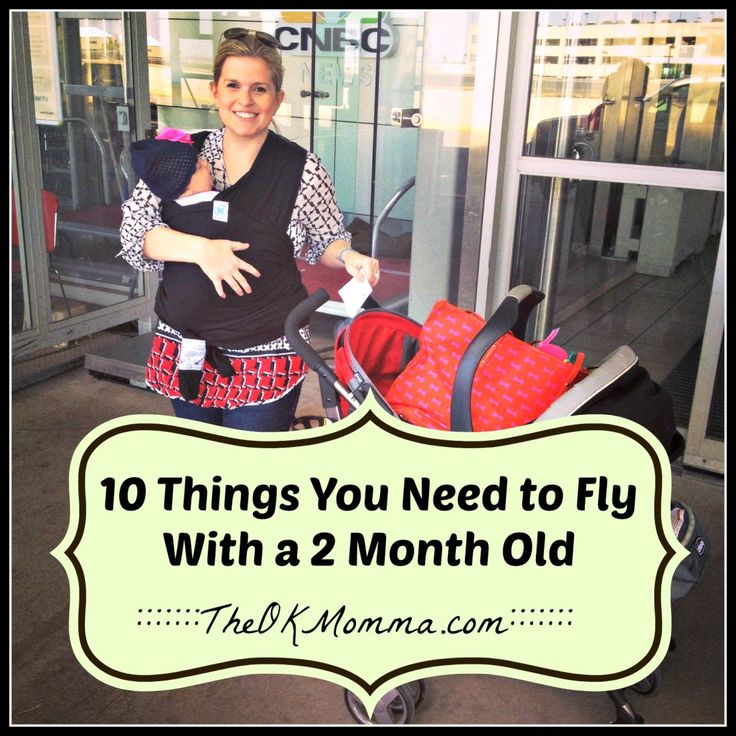 This is because a newborn’s immune system is not fully developed yet, so colds and other infections are more likely to occur. Before you plan your baby’s first trip, it is a good idea to talk to the doctor to be sure that it is safe.”
This is because a newborn’s immune system is not fully developed yet, so colds and other infections are more likely to occur. Before you plan your baby’s first trip, it is a good idea to talk to the doctor to be sure that it is safe.”
Tips for train travel with a newborn
Wear your baby
Especially on a train, where walking-around time is a big part of the experience, a soft carrier (from brands like Ergo, Baby K’Tan, and LILLEBaby) is a must. You can move around more naturally and easily, and your baby loves it!
Your movement plus the train’s movement is a sure-fire sleep-inducer – one more reason why train travel is a great idea for the youngest travelers.
Some people don’t like the feel of a sling and prefer a harness that lets your baby face front. If you’re a first-time parent, try both before you buy.
Store your luggage – just don’t forget about it
One of the great things about a train is there’s plenty of room to store things like umbrella strollers and backpacks.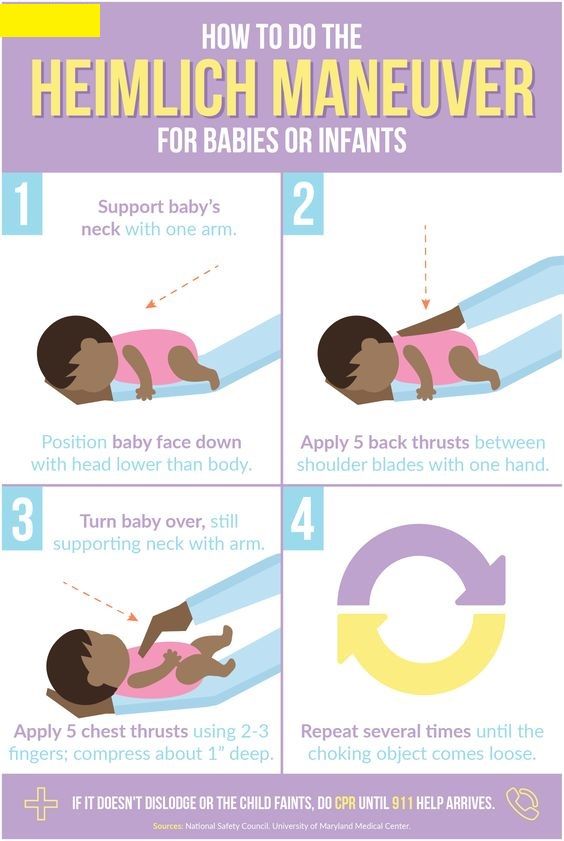 One of the problems is there’s so many different places to store things that you could forget.
One of the problems is there’s so many different places to store things that you could forget.
It may sound like overkill, but if you have items tucked away here and there on a train, take pictures and refer to them when it’s nearly time to deboard.
Research your train ahead of time
“Do your research in advance, because some train cars can be specifically designated as a family car, with things like changing tables in the bathroom,” Brewer says. “We took a train from Oslo to Bergen, and the family car had a play area in it. It was amazing!”
Lean on the staff
Long-haul trains are fully staffed with extremely helpful people. Let them remove some of the stress of train travel.
If you have formula or breastmilk that needs to be refrigerated, let them know as soon as you get on. Similarly, let them know if you need a bottle heated.
Redcaps are also invaluable when it comes to getting all your bags and seats and strollers on and off the train.
Finally, tips of a couple dollars here and there go a long ways toward ensuring that the staff will be at your beck and call.
Get on and off promptly
The most stressful part of train travel with a newborn is getting on and off the train.
Know where and when you’re getting off, and prepare early. Gather together all your items and be ready to jump off when the doors open.
If you’re traveling with a full load, enlist the staff’s help. Put one person in charge of baby and all her immediate needs, and another in charge of the collateral stuff.
After you’re out, take a quick inventory. If something’s missing, alert the conductor immediately. They have the power to hold the train until everyone – and everything – is off.
Learn More About our Travel Insurance Plans
Photo by Dino Reichmuth on Unsplash
When can a baby safely travel by car?
Your newborn probably arrived home by car, so there are no real restrictions on road trips, other than the general reminder about immune-system development.
However, everyone will probably need a break every hour or so for feedings, changings, and cuddling.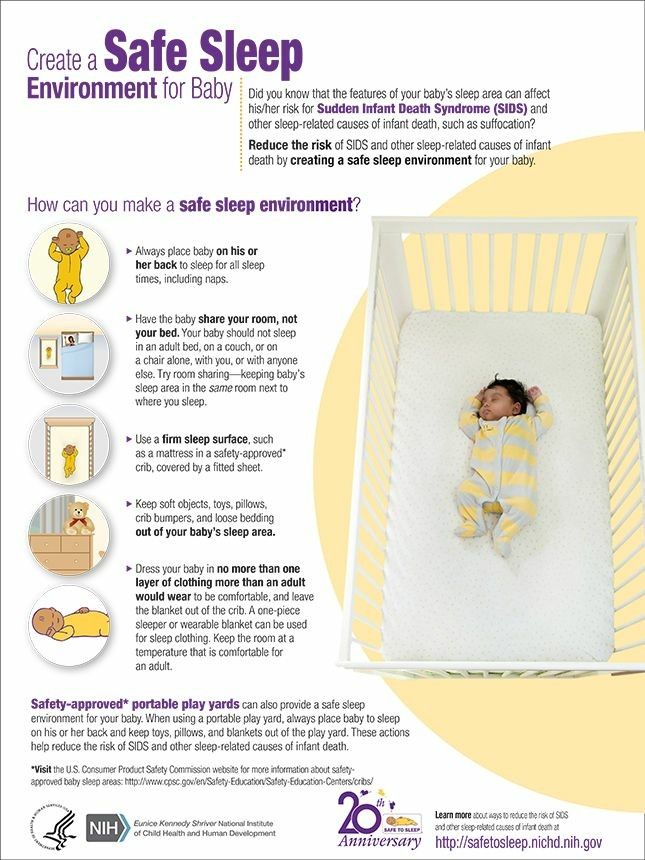
Tips for driving with a newborn
Drive in comfort
If there’s such a thing as a sleep schedule, try to plan car travel to coincide with sleep time.
“We’d get up at 4 or 4:30, wake up our baby, put her in the car, and get a big chunk of our driving down first thing in the morning,” Brewer says. “She didn’t always go back to sleep, but she was always very quiet and content. Then we’d stop for lunch, and finish up the drive during her nap.”
Dress infants comfortably – loose clothing or pajamas, and blankets – and use removable window shades to keep off the sun.
Keep in mind that ideal car-sleeping temperature is cooler than you might expect; adjust the climate control accordingly.
Take practice trips
To get an idea for what works for your little one when on the road, take several short day trips or weekend getaways in advance of a big trip.
Zuniga says these trial runs are important “because they’re going to tell you what supplies you should pack, how long your newborn can last in a car seat, and what’s going to drive you nuts.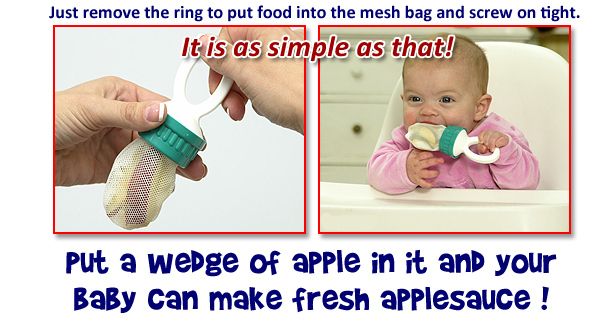 ”
”
Pack sounds
Music should be plentiful and dependable. You can have a playlist on your phone with kids' favorites, but that can burn data and/or suck battery life.
If you’re driving and your car stereo supports it, load MP3s onto data CDs. That will get you 100 to 150 tracks per disc –more than enough for any road trip. You can gingerly retake control of the playlist once baby has nodded off.
If you need some white noise for bedtime, use RainyMood.com or download the RainyMood app.
General tips for traveling with newborns
Be prepared to wash some clothes
A baby needs far fewer outfits than you, but they need to be clean. Also, the collateral damage from mega-blowouts should be dealt with promptly.
Doing baby laundry on the road is easy. If you’re staying in one place for more than several days, ask about laundry facilities; otherwise, pack some concentrated detergent and a clothesline and DIY.
Look into babysitter services and/or apps
There are very reputable sitter services in many major cities.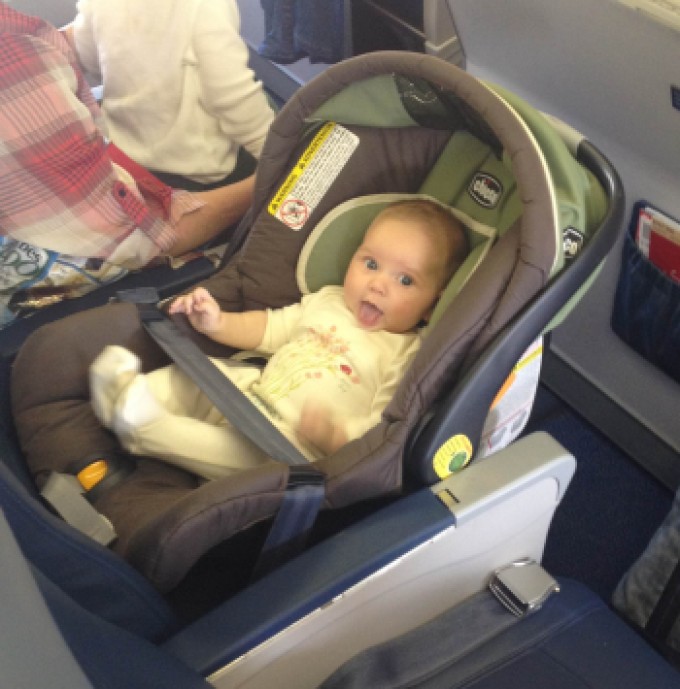 Many are accessible through a site or app, like UrbanSitter, Care.com, and SitterCity.
Many are accessible through a site or app, like UrbanSitter, Care.com, and SitterCity.
In places where you have friends, you may want to ask them to connect you with a sitter. You can also ask your Airbnb host or the hotel concierge for recommendations.
Whatever you choose, make sure you’re comfortable with the process and the person watching your child. Remember: it’s your baby!
Photo by Steven Van Loy on Unsplash
Choose an easy destination
Select a relaxing destination that’s used to the very youngest travelers. Skipping the loud, crowded, overstimulating, touristy destinations will make things more bearable for everyone.
Consider a beach retreat or a resort with larger rooms or family suites, ideally one that offers infant care sufficient for you to have some alone time.
Eventually the crowded, overstimulated, plenty-of-activity kind of resorts will be just what the family needs. But for now, just keep it simple and make the adjustment period more enjoyable for everyone.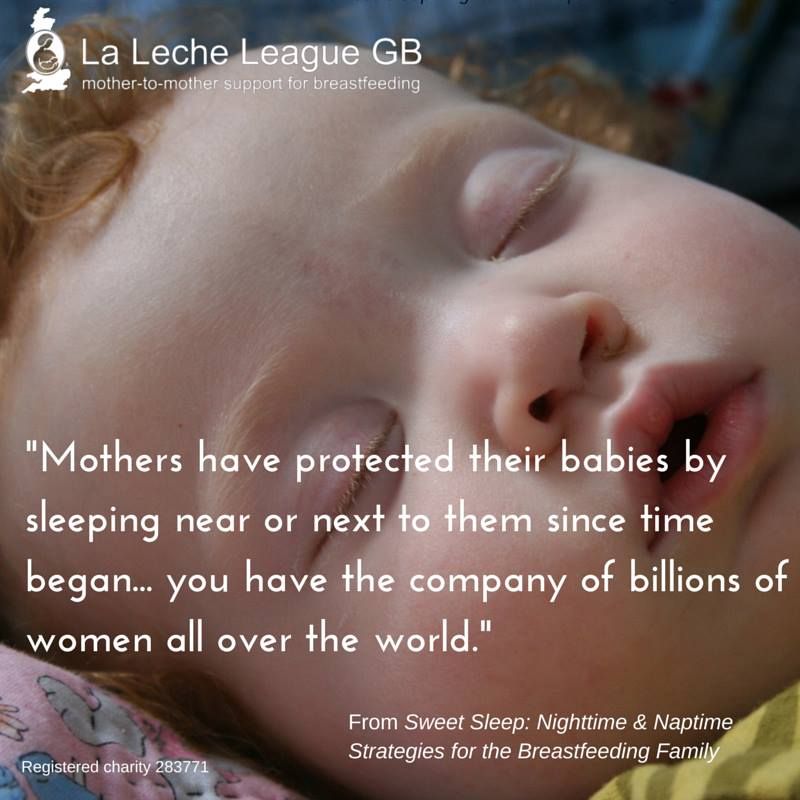
Simplify your schedule
If you limit yourself to one activity a day, you’ll find it much easier to make last-minute adjustments.
Also, “end your day early, so everyone has time to unwind,” Zuniga says. “Even when you’re on vacation, you have to catch up on rest whenever and wherever you can!”
Similarly, if an activity or meal is a fail, don’t try to push through it. Go back to your lodgings and give something else a shot later on.
Take care of yourself
You’ll have more energy and stamina – and enjoy the trip more – if you take care of yourself when you travel.
Resist loading up on sugary snacks, and falling into “I’m on vacation so I’ll eat anything I want” mode. Reenergize with exercise; for instance, do some easy foot lifts while you’re seated.
Take turns
Make an agreement with your significant other to give each other vacation days during the vacation, where one will watch the kids while the other does something fun.
Trust yourself
“Babies can really feed off your energy,” Brewer says.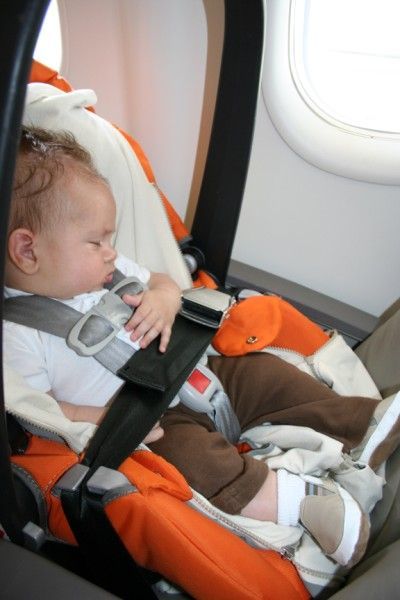 “But as a parent you know the best ways to calm and soothe your baby. You just have to trust yourself.”
“But as a parent you know the best ways to calm and soothe your baby. You just have to trust yourself.”
If you feel the situation getting out of hand, close your eyes and take a few deep breaths. You’ve got this.
Chill
If you haven’t already figured it out, so often the best advice is to relax and stay flexible.
“We’ve had some bad trips where we were up at night with a screaming baby in a hotel, and you know what? We just changed our style,” Brewer says. “We slowed down, we experimented, we talked about what worked and what didn’t, we went back to our Airbnb for naps, and it was wonderful.
“Just don’t give up.”
The rewards of traveling with a newborn
Ultimately, traveling with an infant lets you view the journey from a new perspective, to align yourself to a less frantic pace.
Plus, as Brewer says, “When you do it young, it helps build your confidence as a parent. You know if you can handle all that baby stuff when you’re traveling, it doesn’t seem like such a big hill to climb when all of a sudden they’re teenagers and you want to take them on a trip.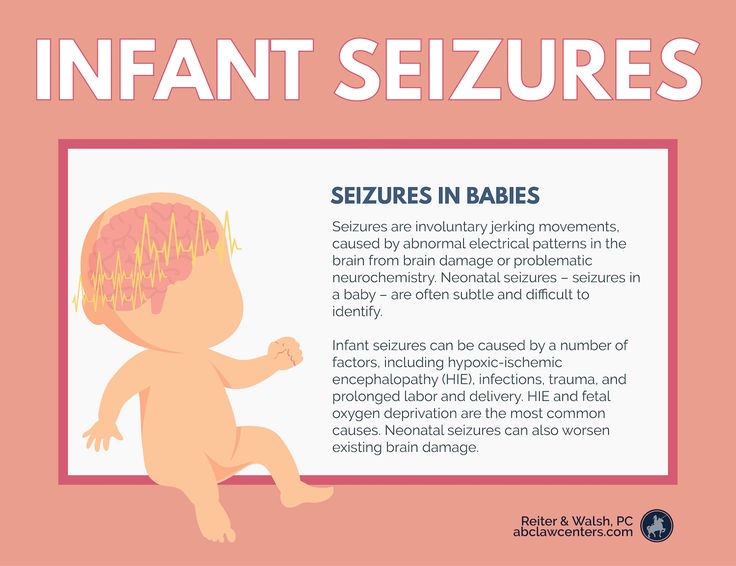 ”
”
“You’ll never regret it,” Brewer concludes – and the knowledge that you can travel safely with a newborn makes it that much more rewarding.
QUESTIONS ABOUT TRAVEL INSURANCE?
Check out our online guide, "What Is Travel Insurance All About?" We’ve provided in-depth answers to all your travel insurance questions, starting with the basics.
Check out the guide!
When Are Babies Old Enough to Fly on Planes? (Rules for Flying with Baby)
How old should my infant be before I take him on an airplane? I am due in November and would like to visit family for the holidays.
Assuming that both mother and baby are healthy, you can travel when your infant is two weeks of age. In some cases, you can fly even sooner than that, but I would recommend holding off if it's not absolutely necessary.
When you have a newborn and have the itch to travel, you may be wondering when the right time is to bring them on board. There can be all types of concerns from feedings to exposing babies to potential illnesses. Parents these days have even more concerns about air travel with babies since the coronavirus began.
There can be all types of concerns from feedings to exposing babies to potential illnesses. Parents these days have even more concerns about air travel with babies since the coronavirus began.
We're going to take a look at some common concerns many new parents have when deciding when their newborn should become a first-time flier as well as some helpful travel tips.
Rules for Traveling with Newborns on Planes
The TSA does not have a standard rule for when newborns can fly on planes. While it is under the parent's discretion, airline policies vary for how old babies have to be. Many require babies to be at least one week old unless there is a note from the pediatrician. Many pediatricians will not recommend air travel for babies until they are 3-6 months old.
Babies are allowed to sit on a parent's lap and do not require their own airplane seat under two years of age. Some airline policies do charge a fee for international travel even when a seat is not purchased for a baby. It's best to check with your carrier for specific rules.
It's best to check with your carrier for specific rules.
Some parents choose to buy their baby their own seat, especially for long flights. This allows for the baby to be in an FAA-approved car seat or airplane harness device installed with the airplane's seat belt. Booster seats cannot be used on airplanes.
For international flights, plan on having a passport for your infant. The TSA does not require identification for children under two for domestic flights. But it is a good idea to bring your baby's birth certificate just in case there are any questions about age or identification.
Illness and Air Travel with Babies
First, you are exposing the baby to possible infections on a crowded airplane. Colds and the flu are transmitted easily in a closed airplane cabin with recirculated air, and those viruses are much more dangerous to a baby at a week or two of age than one who is four or six months old.
Breastfeeding transfers many protective antibodies to a baby, however, and may help make her less susceptible to infections.
If your baby is showing any signs of illness, you should avoid any air travel until their immune system gets stronger. You'll also want to make sure your baby is up to date on their vaccinations before traveling internationally. You can check the requirements and ask your pediatricians.
COVID-19 and Flying with Your Baby
With the introduction of vaccines for COVID-19, family travel is making a comeback for many, even those with newborns. But some parents are still concerned about whether it's safe to fly with a new baby.
The decision is going to depend on your comfort level. As of this writing, COVID vaccines for babies have not been approved which makes some parents afraid to travel with a new baby.
If you must fly with a baby, the American Academy of Pediatrics recommends looking for direct flights that will limit the need to walk through busy airports and change planes. Also, look for destinations that have a shorter flight. You'll also want to bring along plenty of disinfectant wipes to clean any high-touch areas. We all know babies love to touch things and put their hands in their mouths.
We all know babies love to touch things and put their hands in their mouths.
Despite taking cleaning precautions and aiming for shorter flights, if flying with a baby during the pandemic doesn't make you totally comfortable, opt for a trip that can be taken by car. This way you're not sharing space with strangers and have more control over the situation.
Managing Your Baby's Crying and Schedule While Flying
Babies are notoriously unpredictable in the first few weeks, with irregular sleeping, feeding, and crying times. While this can certainly be managed, it may be very draining to mom and dad to travel before a baby has "settled." Some babies do this by two weeks, others not until three months. You're going to have to be the judge of when you think your baby has settled.
Even when your baby seems to be in a routine, getting on a plane can bring out the worst in them. We've all heard stories about airline passengers yelling at crying babies. While you can't control when your baby is going to have an outburst or start crying, you can make sure they have plenty of food and something to soothe them.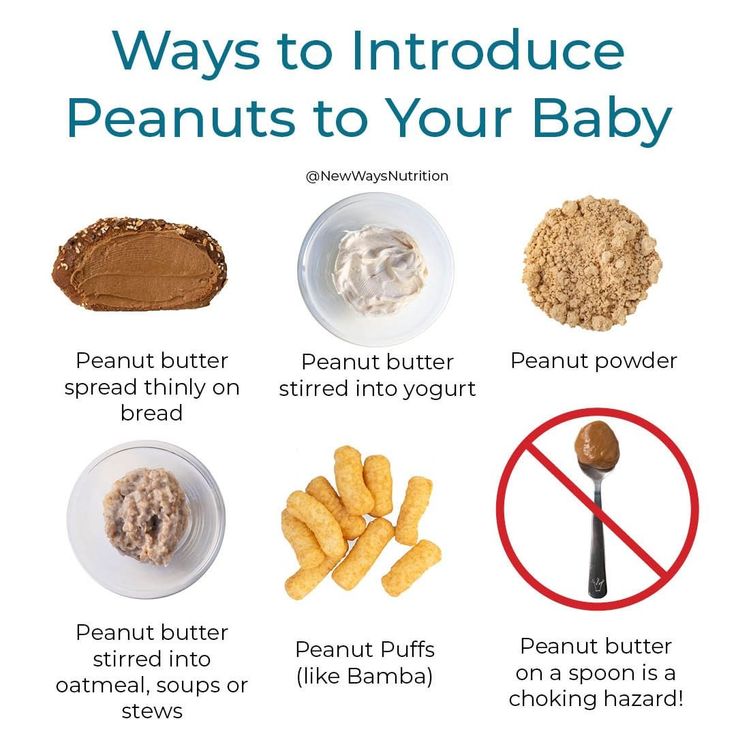 Pacifiers or a "lovey" never hurt and can help little ones get some needed Zen while on a plane. Be sure to pack more than one pacifier in your diaper bag and have some options when it comes to toys and soothers. Babies can get bored quickly, so anything "new" can help.
Pacifiers or a "lovey" never hurt and can help little ones get some needed Zen while on a plane. Be sure to pack more than one pacifier in your diaper bag and have some options when it comes to toys and soothers. Babies can get bored quickly, so anything "new" can help.
Mom's Well-Being While Flying
Mom should be healthy and recovered from the delivery before attempting family travel with a newborn. Women are at greater risk of problems, such as blood clots in the legs after delivering a baby. Sitting for a long period on an airplane only increases this possibility. If you travel that early, you should wear support hose, drink plenty of fluids and get up frequently during the flight to walk and stretch.
Birth Complications and Flying with a Newborn
If there were any problems or complications with the delivery, then airplane travel should be avoided until the pediatrician approves. Premature babies, and babies who had respiratory or feeding problems in the first week, fall into this category.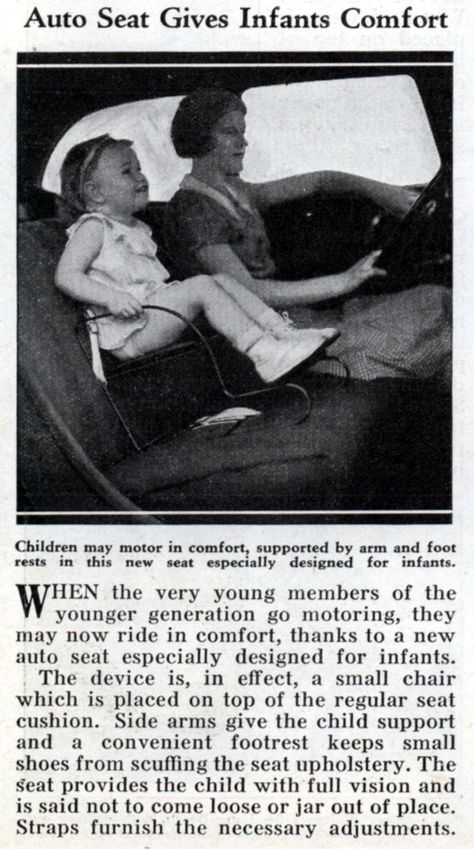
Safety Tips for Newborns
Whenever you decide to fly with your newborn, you want to keep some safety tips in mind. Changing cabin pressure during a flight can hurt your baby's ears when there is pressure in the middle ear. To ease the pain, you can offer your baby a bottle or pacifier to suck on during takeoff and descent. This will help to equalize the pressure.
Besides air pressure, you also want to consider cabin noise. It may be loud, especially during takeoff. Cotton balls or small earplugs can help to limit your baby's exposure to the noise and help them sleep better.
As we mentioned above, you're not required to purchase a seat for your baby, but it's often recommended so that they can be secured rather than on your lap. A child is best protected when properly restrained in a car seat that has a label stating that it has been approved by the Federal Aviation Administration. Although you can't use booster seats on the plane, they can be checked as luggage, usually without baggage fees.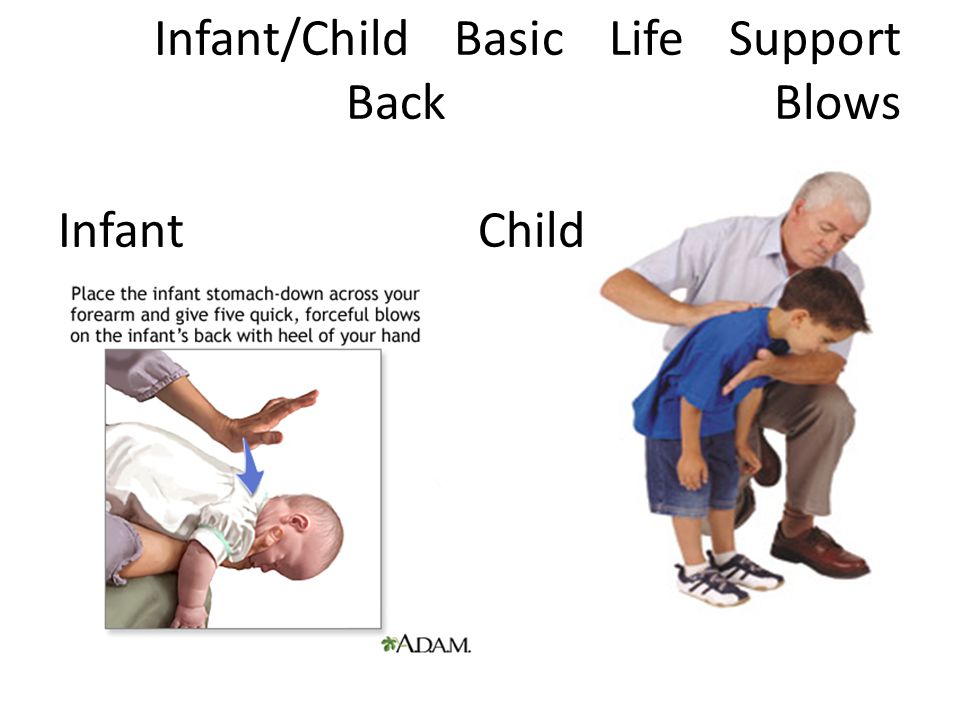
Checklist for Traveling with Babies
Once you decide your baby is ready to fly, there are several things you're going to want to bring along to make the trip more enjoyable for everyone. We’ve assembled this helpful travel checklist for babies and toddlers.
- Change of clothes: We all know babies are not the neatest little people. Having a change of clothes or two or three will make life easier when those spills and messes happen.
- Bibs and Blankets: You want to have a few bibs and blankets on hand for the flight. You can put the blanket over your baby when they're on your lap and use the bibs for feeding time.
- Stroller: Having a stroller can make toting your baby around the airport easier. Some parents also use baby carriers. But a stroller can be checked at the gate, making life easier.
- Baby Food: Be sure to have enough formula or breast milk for your baby. You can breastfeed on the plane, but if bottle-feeding is going to be easier, you want to bring enough.
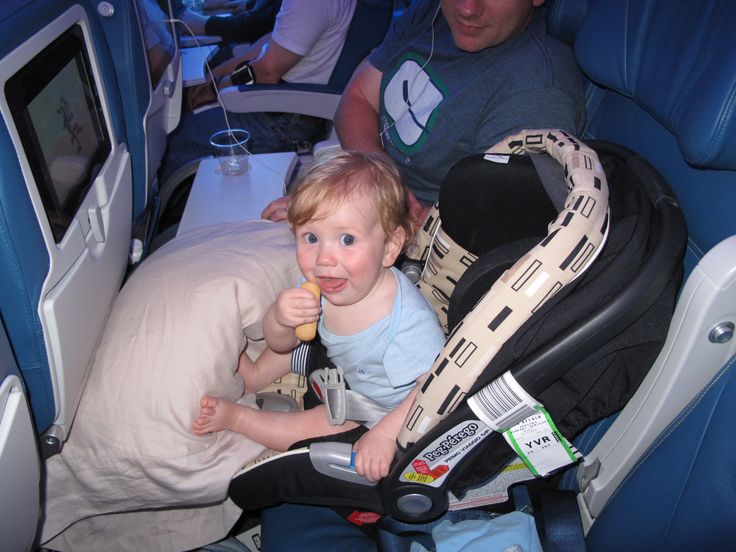 Breast milk is not subject to the TSA rule on liquids. Quantities greater than 3.4 ounces or 100 milliliters are allowed in carry-on baggage and don't need to fit in a quart-sized bag. The same goes for formula.
Breast milk is not subject to the TSA rule on liquids. Quantities greater than 3.4 ounces or 100 milliliters are allowed in carry-on baggage and don't need to fit in a quart-sized bag. The same goes for formula. - Toys and Pacifiers: While you won't need tons of toys with a newborn, you still want to bring something to keep them occupied. As we mentioned above, pacifiers are also a good idea, especially if you need to soothe your baby during a crying fit.
- Plenty of Diapers: You don't want to run out of diapers in the middle of the ocean! Be sure to pack more than you'll ever need. You also want to have enough for your trip, especially if you're going to another country where the brands and varieties are going to be different. Using different diapers can irritate your baby's skin and that is going to put a damper on your trip. Store extra diapers in your suitcase but be sure to have enough for the flight. Also, bring a changing pad because changing your baby in an airplane bathroom can be anything but fun.
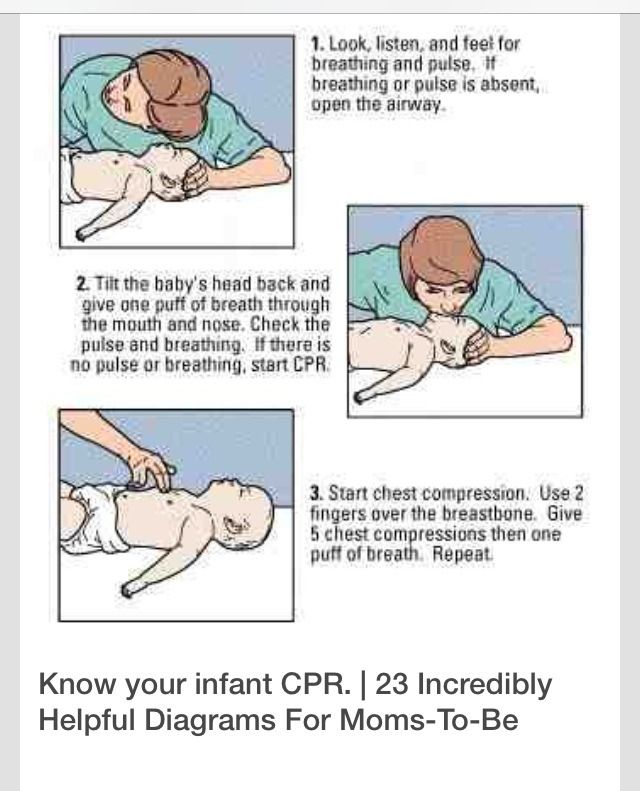 If you have a foldable changing pad with you, you can put it on your lap or have a traveling partner help out too. This makes mid-air diaper changes a little easier.
If you have a foldable changing pad with you, you can put it on your lap or have a traveling partner help out too. This makes mid-air diaper changes a little easier. - Wipes: Besides antibacterial wipes to clean surfaces, you'll also want to have baby wipes with you. This is not only for diaper changes, but also to clean your baby's hands while flying.
- Car Seat: If you're not using a car seat on the plane, be sure to check one to use when you arrive. You want your baby to be safe when you're getting around at your destination.
- Infant Acetaminophen or Ibuprofen: You never know if your baby is going to get sick when you're traveling. Your destination may not have this medicine and you don't want to be left searching for it. You should also bring a baby thermometer with you in case your baby spikes a fever anytime you're traveling.
The Bottom Line
Obviously, there are many factors to consider when making plans to travel with a newborn. A one- or two-hour flight is less problematic than a six- or seven-hour, transcontinental or transoceanic flight. It's often recommended that the baby has her first visit with the pediatrician before traveling.
A one- or two-hour flight is less problematic than a six- or seven-hour, transcontinental or transoceanic flight. It's often recommended that the baby has her first visit with the pediatrician before traveling.
And if you need to travel while you're still pregnant, check out our tips on traveling during pregnancy.
Alone on the plane: a child's flight without parents
Of course, in most cases, parents will do everything to accompany their minor child in flight, but life shows: situations are different. Therefore, it is better to be prepared for them.
Independent flight of a child from 2 to 12 years old (child category)
2 years, no such privilege at all). However, in practice, according to experienced parents, it is almost impossible to send a child under five to seven years old on a flight: each case is considered by an airline representative individually and depending on the regulations of a particular carrier, and preschool children are usually not allowed to travel independently. nine0003
nine0003
Children under 12 years of age must use the Unaccompanied minor service.
As a rule, it will not be possible to purchase a ticket through online sales systems only for a child (this applies even if the parents' tickets were already purchased in advance and subsequently it was necessary to purchase a ticket for the child), you will have to contact the airline sales office or at the airline counter at the airport. Some AKs can issue tickets for a child over the phone; other carriers (for example, S7 or many low-cost carriers) do not provide an escort service at all and do not allow children under 12 years of age to board without adults. Any information in which you doubt or which you cannot find confirmation on the Web, it is better to clarify by calling the hotline. nine0003
Calling in advance is also required in order to find out the availability of seats for unaccompanied children on the flight: according to the rules, more than four children traveling alone cannot be on one plane. The number of seats may be reduced if there is an unaccompanied incapacitated child or passenger with a disability on the flight, as they require special attention from the flight attendant.
The number of seats may be reduced if there is an unaccompanied incapacitated child or passenger with a disability on the flight, as they require special attention from the flight attendant.
Usually, when it comes to traveling in the company of adults, airlines sell CH tickets for children from 2 to 12 years old at a discount. There will be no discount for a young solo traveler, and in some cases you will have to pay extra for the escort service at the airport (for example, Aeroflot charges a fee of 40 euros for one flight segment). nine0003
At this age it is also important that the child is fluent in the language spoken by flight attendants and airline employees.
Documents that must be provided for a child to fly independently without parents
- Passport and visa (if the child flies to a visa country) - obviously.
- Birth certificate.
- Application form and declaration of responsibility, which is filled out and signed by parents either at the time of ticket purchase or at the airport at the check-in counter.
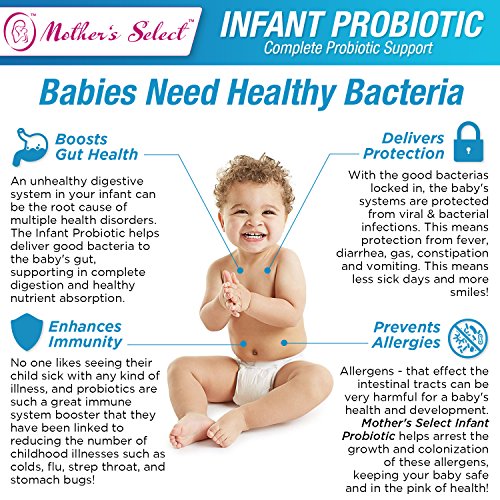 It will contain the contact numbers of the parents and the meeting person. Six copies are required (one remains with the parents; the second is seized at the airport on the day of departure; the third is handed over to the flight attendant responsible for servicing the child on board; the fourth is received by the airline employee at the point of departure; the fifth is handed over by the flight attendant to the employee at the point of arrival; the sixth - remains with the child ). nine0028
It will contain the contact numbers of the parents and the meeting person. Six copies are required (one remains with the parents; the second is seized at the airport on the day of departure; the third is handed over to the flight attendant responsible for servicing the child on board; the fourth is received by the airline employee at the point of departure; the fifth is handed over by the flight attendant to the employee at the point of arrival; the sixth - remains with the child ). nine0028 - If the child is traveling abroad, a notarized permission from both parents must be presented.
- If one of the parents changed his surname after a divorce or after entering into a new marriage, a document confirming the change of surname is also attached.
- If the child leaves the country for a period of more than three months, the consent of the guardianship authorities must be obtained.
- In the case of adoption, most airlines do not require the provision of supporting documents, since children are equated with natural children, but this issue is best clarified by calling the carrier's hotline.
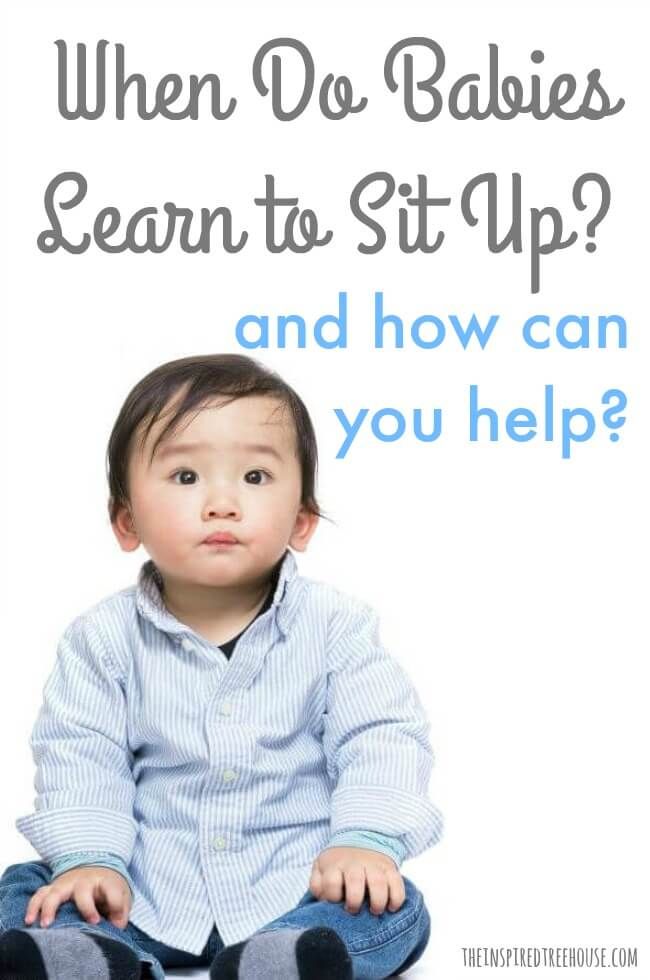 nine0028
nine0028 - If the child has a serious health problem, a medical certificate of the child's condition will be required.
Not only parents, but also other relatives, family friends or employees of a summer camp or school can be seen off or met on a domestic flight: the main thing is that this person is entered in the questionnaire and arrives at the airport with identity documents. In the case of transportation of an unaccompanied child in an international direction, only legal representatives can deliver the child to the airport of departure and check him in for the flight: parents, adoptive parents, guardians, trustees or representatives of the child under a notarized power of attorney from legal representatives. nine0003
Check-in of an unaccompanied child can only be done offline directly at the airport. By the way, the accompanying person must stay at the airport until the flight departs.
After the mourner passes the child to the airline employee, the documents are placed in a special plastic file marked UM, which is hung around the child's neck. The escort escorts the child without a queue through passport control and to boarding, where he passes it to the senior flight attendant. As a rule, special attention is paid to "lonely" children during the flight - they are tried to entertain them, give them gift sets, listen to all their requests. nine0003
The escort escorts the child without a queue through passport control and to boarding, where he passes it to the senior flight attendant. As a rule, special attention is paid to "lonely" children during the flight - they are tried to entertain them, give them gift sets, listen to all their requests. nine0003
After landing, everything repeats: the flight attendant hands the child over to the airport employee, who escorts the passenger through passport control, leads to the meeting person and checks his documents (the identity must match the one indicated in the questionnaire).
If the greeter does not arrive at the airport on time, the airport employee spends the entire time waiting with the child.
The Declaration of Responsibility contains the clause: “In the event that the child is not met at the airport of destination, I trust the company to take the actions necessary to ensure the safety of the child, up to sending to the original point of departure, with reimbursement of expenses associated with such actions.
Of course, no one will be sent anywhere without your knowledge: if the meeting party does not appear at all, they will definitely contact you to discuss further actions (for example, airport employees can even deliver the child to a specific address). nine0003
By the way, if the flight is scheduled with a transfer, this service may be denied altogether. However, some airlines allow the child to travel on a multi-unit flight, but only if both flights are operated by the same company (not a code share) and there is only one transfer. It should also be a transfer only from international to international or from domestic to domestic flights: transit associated with the passage of border formalities is prohibited. During the transplant, the child spends time in the nursery. nine0003
Independent flight of a child from 12 to 18 years old
Starting from the age of 12, teenagers are already equated to "adult" passengers, although they are still in the "young people" category. This means that some airlines can provide them with benefits: somewhere it’s a 15% discount, somewhere it’s a special fare that can be used up to 24 years old; if a teenager is already a student, he/she can also qualify for a student discount (usually this requires an international student ID). To make a reservation, you should also contact the airline office directly. nine0003
This means that some airlines can provide them with benefits: somewhere it’s a 15% discount, somewhere it’s a special fare that can be used up to 24 years old; if a teenager is already a student, he/she can also qualify for a student discount (usually this requires an international student ID). To make a reservation, you should also contact the airline office directly. nine0003
If parents wish, the escort service can be ordered for a child under 16 years of age.
Teenagers under 14 must also bring their birth certificate. Until the age of majority, a child traveling abroad will still need to provide notarized consent from both parents; up to 14 years in the case of a trip abroad for more than three months - the consent of the guardianship authorities.
Children over the age of 12 have the right to transfer to another flight on their own. nine0003
At what age can a newborn child fly on an airplane? They rarely traveled with small children.
 Now everything has changed. Parents can travel with a child of any age. Most often this is done by plane. The flight takes little time and takes place in comfortable conditions. Therefore, a reasonable question arises whether it is possible to fly on an airplane with a baby and from what age. nine0003
Now everything has changed. Parents can travel with a child of any age. Most often this is done by plane. The flight takes little time and takes place in comfortable conditions. Therefore, a reasonable question arises whether it is possible to fly on an airplane with a baby and from what age. nine0003 Content of the article:
- Age restrictions
- What to bring with you
- How to transport a child – do I need a separate seat
- Do I need a stroller on the plane
- When to postpone the trip 9008 90 tips
Newborns are allowed to fly. Before the trip, you need to familiarize yourself with the requirements of the airlines and take care of the availability of the necessary things for the trip. nine0003
nine0003
Age restrictions
Most airlines have set restrictions on the carriage of infants in the first days of life. The minimum age is 7 days. There are exceptions. If you need to go on a trip with a younger baby, you must check with the carrier in advance on what conditions the service is provided. In most cases, you will need to issue a receipt in which the parents take responsibility. If the child's health deteriorates during the flight, the airline will not accept claims. You will need a medical certificate proving that the future small passenger is healthy and has no contraindications to the flight. nine0003
Parents are interested in how many months the child is the most problem-free. The optimal age for traveling is from 7 days to 6 months. During this period of life, the child needs only comfort, he reacts minimally to noise stimuli and sleeps most of the time. If the flight is not very long, he simply will not notice it.
Older children, 6 months to 1 year old, more active.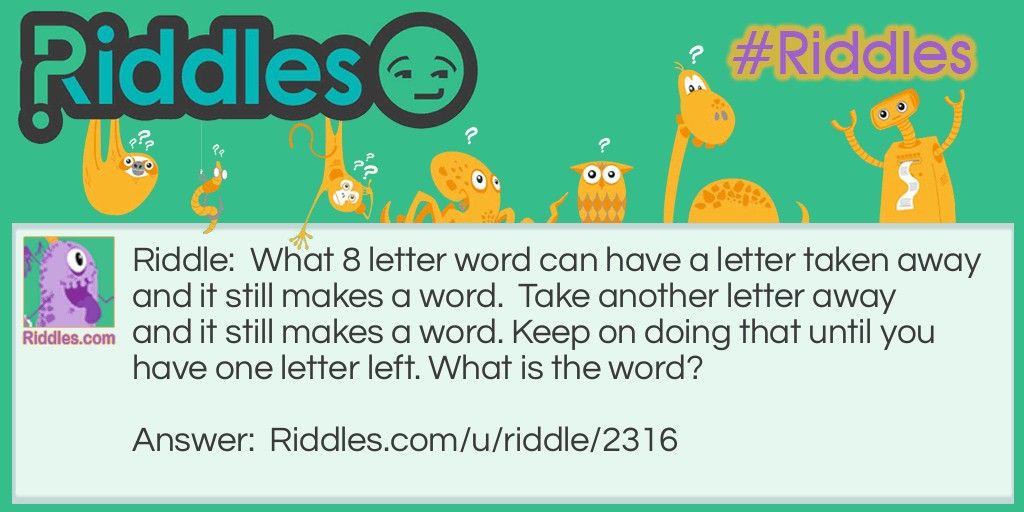 They need attention and entertainment. Therefore, you need to take care of the availability of your favorite toys in advance. If the child is hyperactive, it is worth buying a few new ones just before the trip, but give them out already on the plane, in the process of walking. This will immediately distract him and help to avoid whims. This age is the hardest. nine0003
They need attention and entertainment. Therefore, you need to take care of the availability of your favorite toys in advance. If the child is hyperactive, it is worth buying a few new ones just before the trip, but give them out already on the plane, in the process of walking. This will immediately distract him and help to avoid whims. This age is the hardest. nine0003
A child from a year old is already more intelligent, and it is easier to entertain him. You will need your favorite toys, as well as a tablet with cartoons, children's songs or audio fairy tales.
Important! Be sure to take care of the headphones. A kid can listen to his favorite tunes or stories for hours, but other passengers do not always like such a repertoire.
What to bring with you
You need to take the standard set for a long trip with you. Includes:
- Change of clothes for a child in the amount of 2-3 sets.
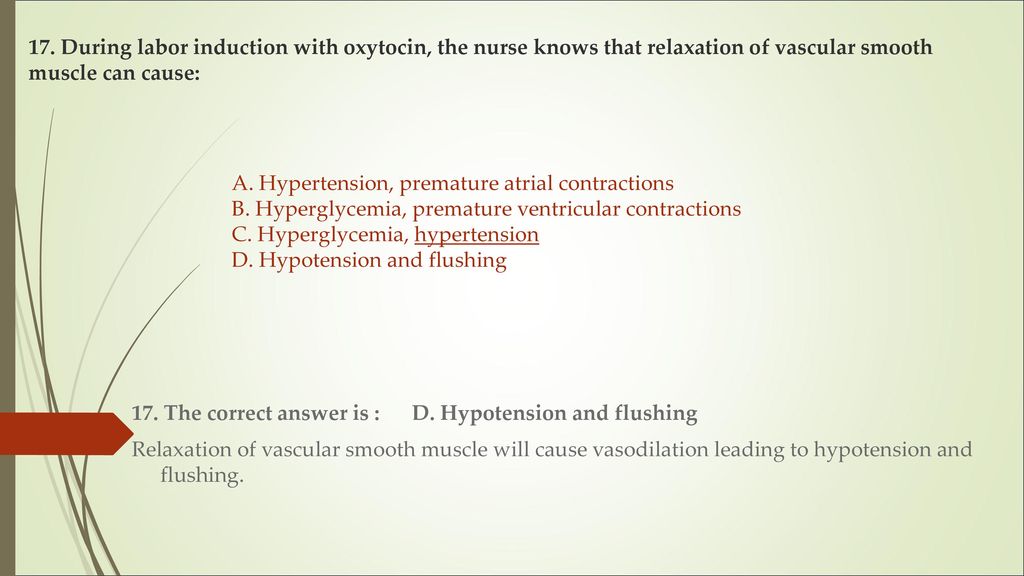 Babies tend to regurgitate food and get dirty, so if you don't want your baby to look unkempt, be sure to bring spare clothes, especially since they don't take up much space.
Babies tend to regurgitate food and get dirty, so if you don't want your baby to look unkempt, be sure to bring spare clothes, especially since they don't take up much space. - A change of clothes for yourself. The baby will be on the hands, so it is possible that saliva or food debris will get on the clothes of the parents. You can take a small towel with you to prevent such troubles, and a spare set of clothes if they do happen. nine0028
- Plastic bags that close tightly. They are useful for soiled clothes or used diapers.
- Sufficient wet wipes.
- The right amount of food for a baby if the mother is not breastfeeding. If you are feeding, you should take a special feeding pad with you, this will greatly simplify the process.
- Several warm diapers. It can be cool in the air, and wrapping a child in a regular blanket is not always convenient.
- Diapers. The amount is calculated based on the age of the baby. It should be borne in mind that babies defecate after each meal, this is about 1 time in 2-3 hours.
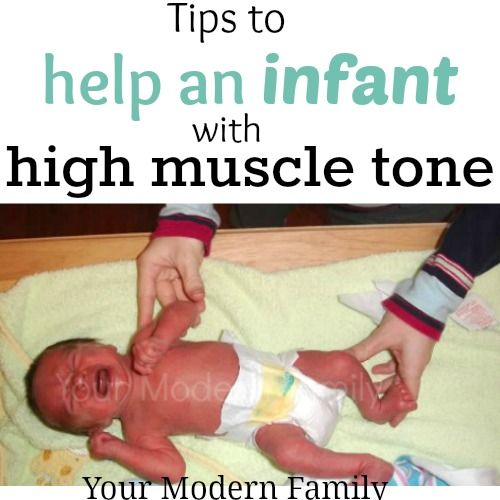 But sometimes it happens more often, so diapers should be taken with a margin.
But sometimes it happens more often, so diapers should be taken with a margin. - Water bottle, pacifier and similar accessories.
- A necessary set of medicines for a newborn.
Important! We take only the necessary things in limited quantities. They will not be allowed into the cabin of the aircraft with large trunks, they will go to the cargo compartment. Therefore, everything you need should be compactly distributed in hand luggage. nine0003
How to transport a child - whether a separate seat is needed
Having dealt with one question, is it possible to fly with a newborn on an airplane, parents ask the next question - whether a separate seat is needed for him. It is necessary to consider this point in more detail.
If the flight does not take long, the child is carried in his arms. In this case, during takeoff and landing, it is fastened with a special seat belt to the parent's seat belt. Under no circumstances should an adult belt be used to secure a baby, as this can result in serious injury.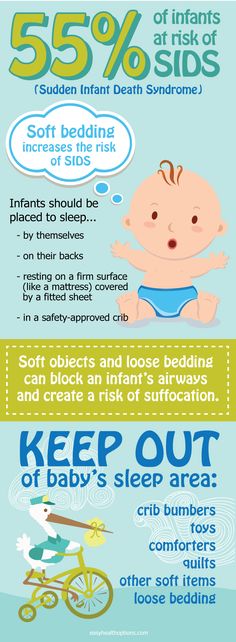 nine0003
nine0003
When taking off, place the child facing away from you. This is a mandatory requirement, because during sudden braking, the body of an adult bends forward and arches the baby's body against the natural physiological position, this is extremely dangerous.
For long flights with a baby, a carrycot or car seat is the most comfortable option.
Not all airlines provide the possibility of attaching a cradle, this is provided only in some types of aircraft, so this issue is specified in advance when booking tickets. Weight is also taken into account. The cradles are intended for children no heavier than 11 kg. nine0003
If you cannot use the carrycot, a car seat will come to the rescue. Models marked "Approved use for aircraft" or "Approved for airplane use" are suitable for use in aircraft. In the seat, the child must be fastened during takeoff and landing, as well as throughout the flight.
Important! If the baby is in his arms, he does not need a separate ticket.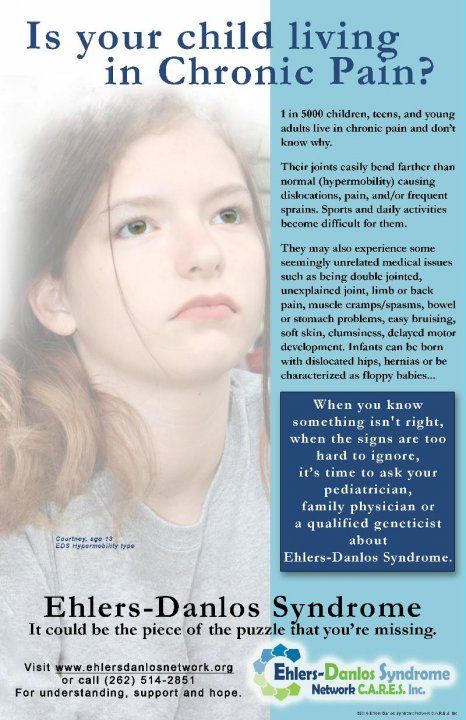 Most airlines charge only 10% of an adult's ticket price for a toddler. If there are two children, an additional ticket is needed. You also need to buy it when providing a separate seat. nine0003
Most airlines charge only 10% of an adult's ticket price for a toddler. If there are two children, an additional ticket is needed. You also need to buy it when providing a separate seat. nine0003
Is a wheelchair required on the plane? It is needed only when boarding and unloading from the vehicle. Without fail, all strollers are screened, after which a corresponding sticker is attached to them.
Larger models must be checked in as luggage. If necessary, in advance you need to ask about getting the stroller back. It can be either near the ladder or on a common conveyor belt. nine0003
Small foldable strollers can be carried folded on board as hand luggage. The entire flight they are in the luggage rack. Unfold only after exiting the aircraft.
Important! In advance, you need to ask about the restrictions in size, most carriers have them. If the model exceeds the established criteria in size, it will have to be checked in.
When should travel be postponed? Any health problems can be significantly aggravated during the flight.
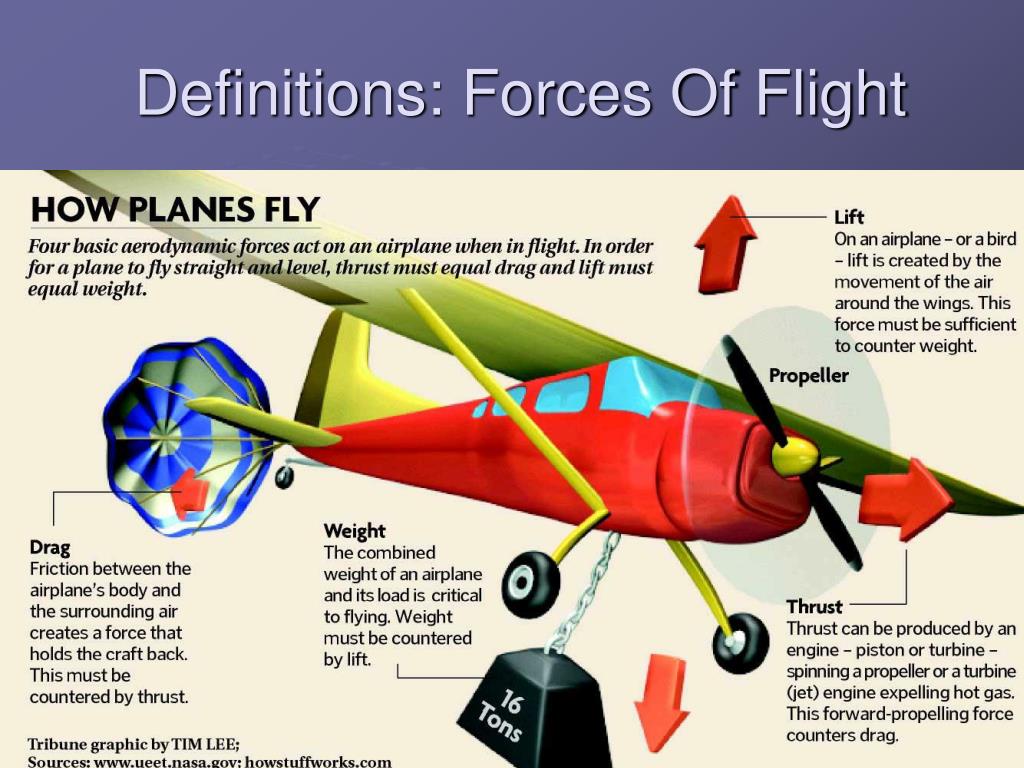 nine0003
nine0003 The reason for postponing the trip to another time may be the following unpleasant phenomena:
- Runny nose and even a slight cough. Such symptoms indicate a beginning respiratory disease. During the flight, the child's condition can significantly worsen due to pressure drops and temperature conditions, which is fraught with an increase in temperature and whims. Despite the fact that flight attendants take special courses in first aid, they are not qualified doctors for children and therefore they will be able to help minimally. nine0028
- When indigestion is present. Such a problem is clearly a good reason to postpone the trip to another time. Parents will have to constantly carry out hygiene procedures, so you will need a large supply of diapers and wipes, but not the fact that they will be enough for a long flight. Yes, and colic does not contribute to the calm state of the child, and any external influences can only aggravate them.
- Fever.
 An increase in body temperature in babies indicates an incipient disease. If such a nuisance is observed before the trip, it is better not to risk it, but immediately consult a doctor. The flight can significantly accelerate the progression of the disease and you will immediately have to contact the local medical center. It is better to recover at home, in the usual conditions, and then fly on vacation. nine0028
An increase in body temperature in babies indicates an incipient disease. If such a nuisance is observed before the trip, it is better not to risk it, but immediately consult a doctor. The flight can significantly accelerate the progression of the disease and you will immediately have to contact the local medical center. It is better to recover at home, in the usual conditions, and then fly on vacation. nine0028
Important! Before the flight, the child must undergo a complete medical examination. Based on its results, the pediatrician will determine whether it is possible to transport the baby by plane, and will issue appropriate recommendations.
Ticket prices for children
Most airlines provide free travel for children from birth to two years of age. But there is a condition - they are not given a separate place. That is, the entire flight the child must be in the hands of the parents. This point is worth considering, especially if the flight is planned to be long.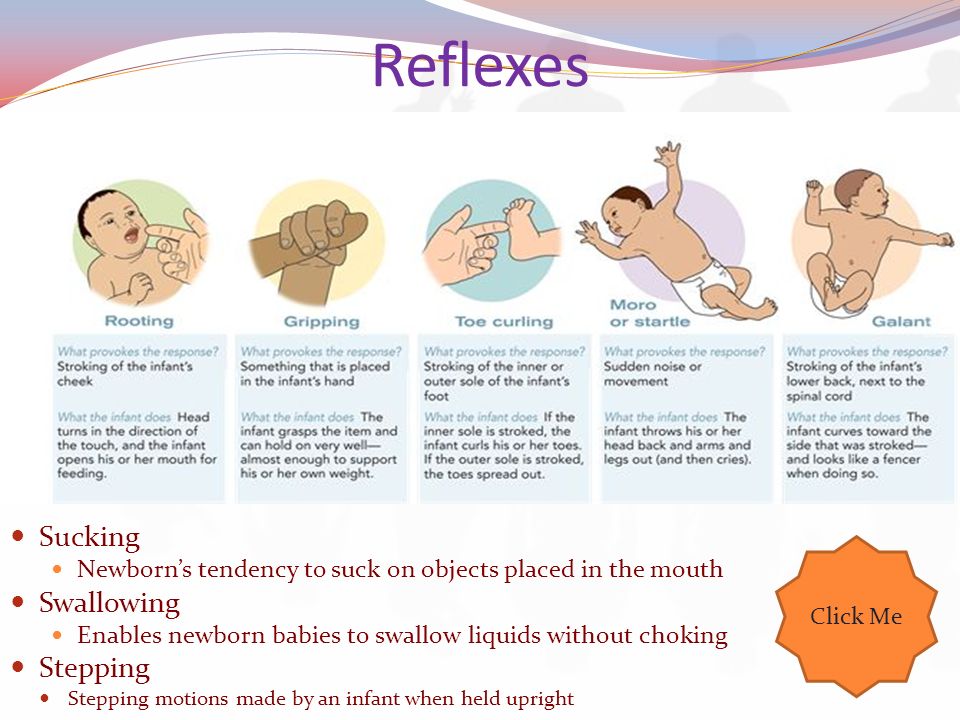 The constant presence in the arms can be uncomfortable not only for the mother, but also for the baby. nine0003
The constant presence in the arms can be uncomfortable not only for the mother, but also for the baby. nine0003
Such a ticket is called a "zero" ticket and can only be issued for one child. If there are two or more children, for the rest you will have to buy tickets at the standard fare.
Prices for children's tickets should be checked with the carrier. They may vary depending on the workload, season, type of flight and similar nuances.
Check all documents before departure. For a child, it is imperative to have a birth certificate or a foreign passport, which is made from birth. nine0003
Important! Many airlines provide discounts for children's tickets, but the number of such offers is limited. If you want to save money, you should take advantage of the promotion and book tickets in advance.
Tips and Tricks
There are general rules to follow when getting on and off the airport and on board the aircraft.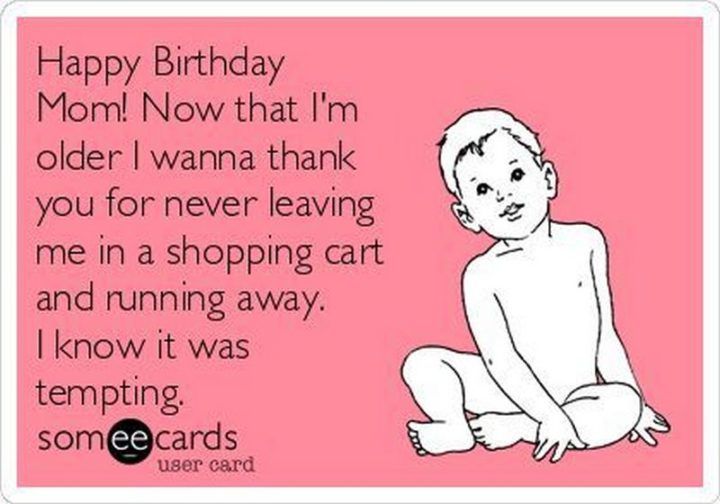 They are not regulated by law, but they definitely should not be violated:
They are not regulated by law, but they definitely should not be violated:
- How to avoid whims. When taking off, babies lay their ears. Adults swallow to eliminate this phenomenon, but a pacifier or chest will help babies. In this case, it is better not to give a bottle of drink. nine0028
- Is it possible to register without a queue. Many parents with children under 2 years of age are accustomed to being let through without a queue everywhere. They assume that this condition also applies at airports. But it is not always the case. If this requirement is not specified in the company's rules, you will have to stand in the general queue for registration. Demanding something is useless, it will only attract the attention of the guards. You can politely ask other passengers for a favor, and they will not refuse. But when registering for a charter flight, where there are many such families with children, this will not be correct. nine0028
- Compulsory allocation of a seat in the front row.
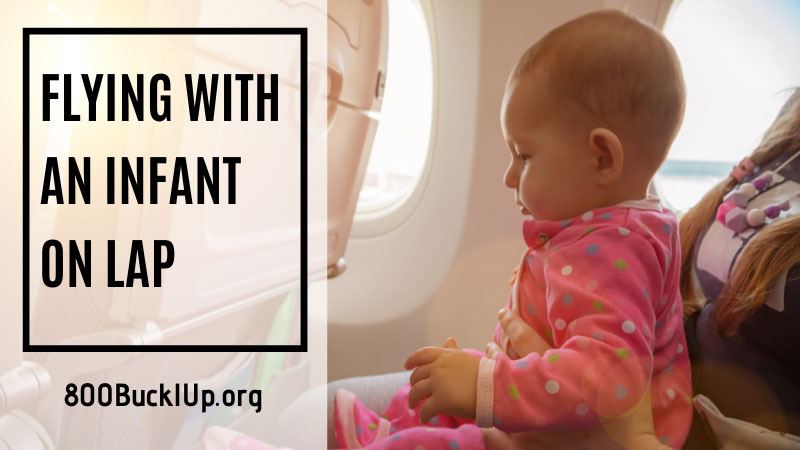 This is an optional condition for families with children, unless otherwise stated in the rules. Often, there is an additional charge for landing at such places, so no one forbids booking them in advance and enjoying enough space. If this is not done, flight attendants will not transfer passengers from the front seats in order to accommodate a family with a small child there. Scandal and demand is useless. nine0028
This is an optional condition for families with children, unless otherwise stated in the rules. Often, there is an additional charge for landing at such places, so no one forbids booking them in advance and enjoying enough space. If this is not done, flight attendants will not transfer passengers from the front seats in order to accommodate a family with a small child there. Scandal and demand is useless. nine0028 - Stay in a recreation room for families with children. Such facilities are available in almost every airport. If the wait is expected to be long, it is better to spend this time in the rest room. To do this, the staff needs to find out where it is located. It should be noted that such services are not always provided free of charge. Most often, hourly payment is provided for being in the rest room. Additional services are paid at a separate rate.
- Baby food warmer. This is possible only if hot meals are provided on board. But not all airlines offer hot food. Many carriers provide passengers only with cold snacks, so there is simply no equipment for warming up on the plane.
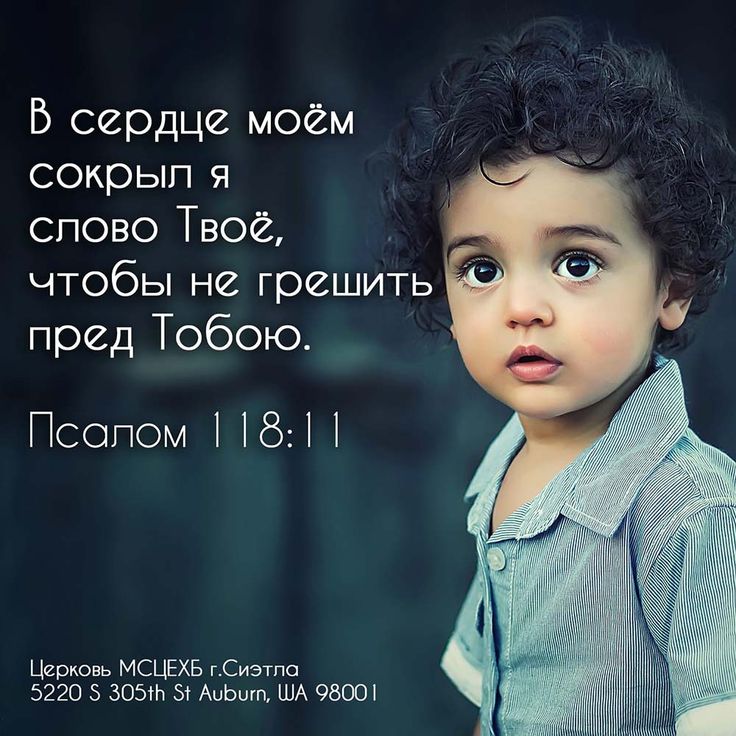 This point needs to be clarified in advance. If hot meals are not available, take a thermo mug with enough water to prepare baby food. nine0028
This point needs to be clarified in advance. If hot meals are not available, take a thermo mug with enough water to prepare baby food. nine0028 - Amount of baby food. Standard rules prohibit carrying more than 100 grams of liquid on board an aircraft. There are exceptions for children, but the amount of water, puree and other children's products is strictly regulated. If the total amount of food does not exceed 1 liter, no questions arise. If parents wish to carry multi-liter containers on board, this fact will arouse interest from the security service. As mentioned earlier, the amount of baby food is regulated and more than indicated in the rules cannot be carried on board. Upon boarding, the security service may insist on a screening to make sure that it is really food for the baby. nine0028
- Location in the immediate vicinity of the emergency exit. Some parents insist on such placement, because in case of an emergency they will be the first to leave the transport. They are denied this, and there are good reasons for that.
